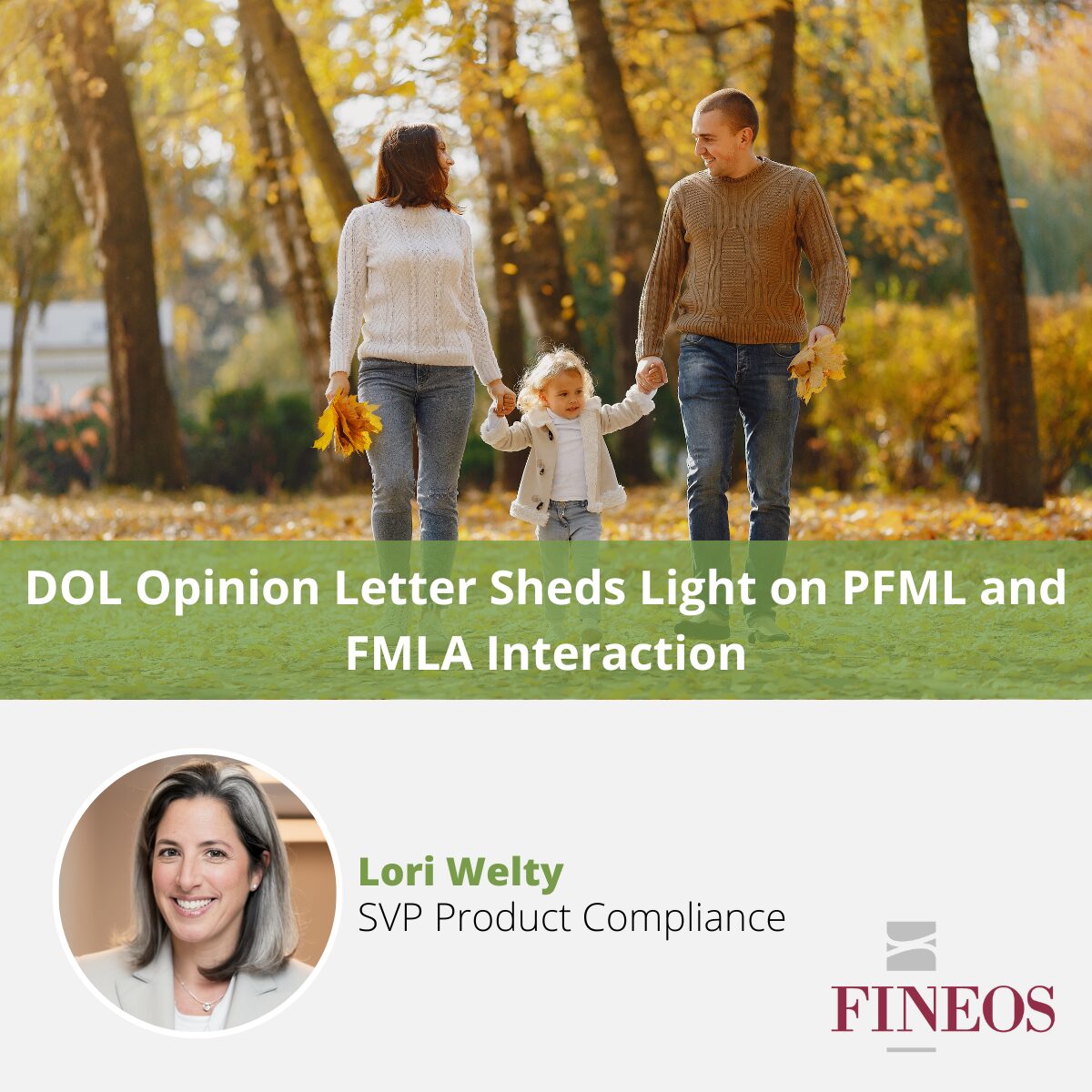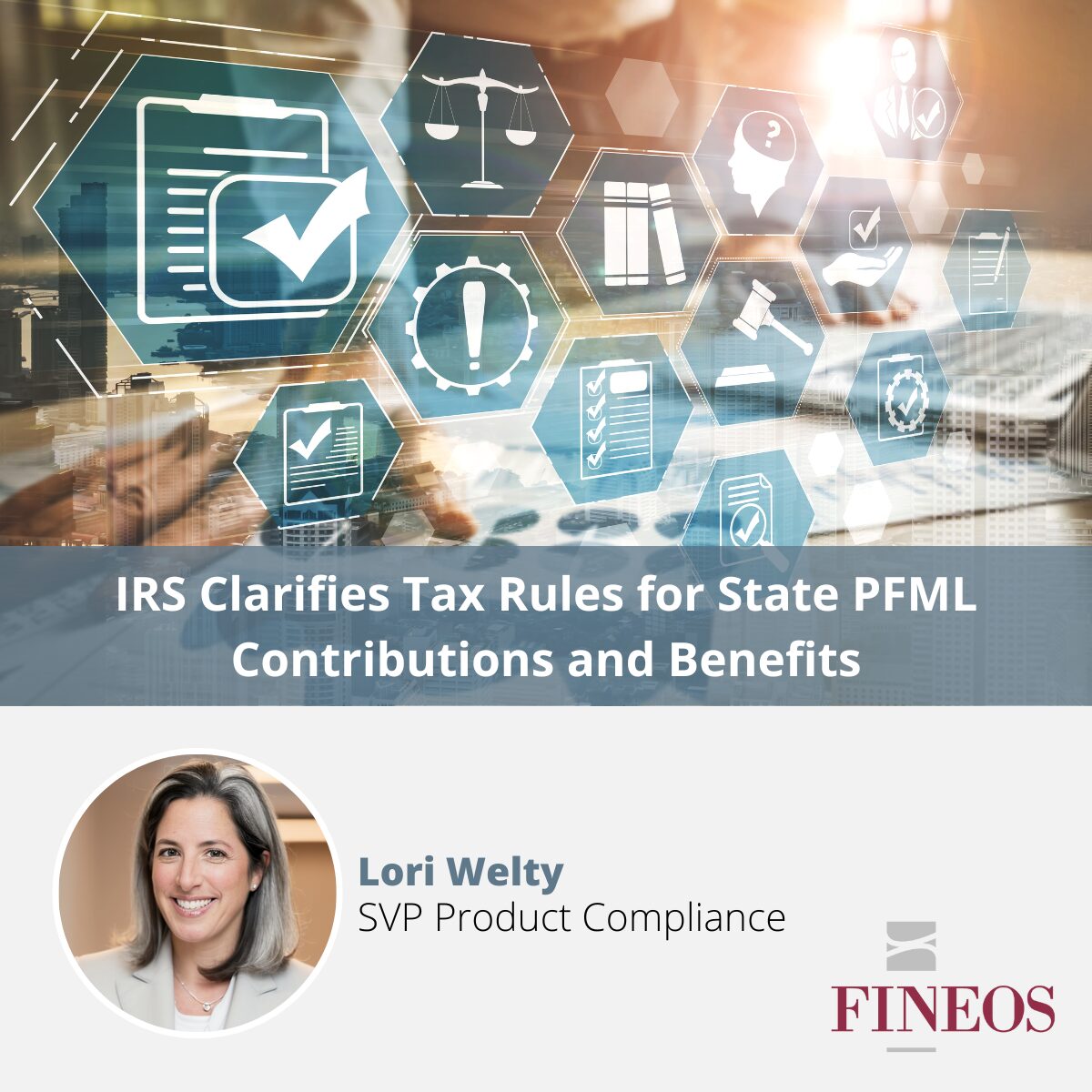Graham Newman, European Product Marketing Manager, FINEOS
The first full day of the 6th Annual FINEOS Claims Summit got underway yesterday with a fascinating keynote address from David Smith, co-founder of Global Futures and Foresight. David gave us some great insights into the future of insurance technology. The predictions of trends that David gave were wide ranging and, if and when they materialise, will bring profound changes to human societies around the world. Even now there are seismic shifts in the ways in which the use of technology is influencing human behaviour and our interaction with commerce. These have powerful implications for the insurance industry. David noted that we often find it difficult to see the potential from new technology. In a recent survey that David quoted it was found that in the next few years 90% of insurance CEOs will have to implement large changes, although the same survey also discovered that a significant proportion of CEOs admit to being bad at change.
One of the main trends we are likely to see in the near future is the shift in centre of economic gravity from the current G7 to the emerging E7, who will double the G7’s GDP by 2050. The new markets, such as China, India and Brazil will become the dominant insurance markets and so existing insurance companies need to be preparing for this right now.
With life expectancy climbing rapidly the issues of supporting an aging population are becoming ever more critical. There are advances in the biological sciences that may have potentially massive effects on human lifespan – one commentator even claiming that not only may the first human to live to 1,000 years old be alive today, they may be as old as 60. It could be one of us!!
With the coming of such new technologies as driverless cars the issues of what and who needs to be insured will be questioned as it never has been before. The insurance industry may have to change its notion of the value that its customers get from insurance and develop new models of adding value to the purpose in people’s lives. Changing business models will see the consumer becoming ever more powerful and even today companies have to cope with “the market of one”, bringing the existing notion of mass customisation to new levels.
The rapid change of technology and how people decide to use it brings specific problems to commerce. We all know the joke that our children can operate modern consumer technology better than their parents but there is more than a grain of truth in this. Younger people do adopt new technologies not only faster but differently to older people. For companies struggling to deal with this the problem is that our businesses tend to be run by people over 40 but operated by people under 40. Bringing everyone’s experiences together will remain a challenge.
Next on the agenda was Michael Kelly’s personal welcome. This focused on the importance of FINEOS’ relationship with its clients. Michael began by thanking our sponsors: IBM, CGI and the IDA (the Irish Development Agency). FINEOS partners on many levels with IBM throughout the world and Michael took the opportunity of talking briefly about our new partnership with CGI and Adaptik in the P&C market in North America. The IDA provide assistance for organisations wishing to operate in Ireland.
Michael talked about:
- The pace of change
- FINEOS’ growth strategy
- Achievements and plans
One key message about coping with the huge changes facing the industry was simply, “Don’t try to do it all on your own – we are here to help”. On a recent CEO retreat in Silicon Valley for the Ernst and Young Entrepreneur of the Year Alumni Michael spent time at the headquarters of both Apple and Facebook and talked about the how Apple’s success was based on the key principles of:
- Customer lifetime relationship
- Making the complex simple
- Innovative, attractive design.
These principles also underpin FINEOS’s approach to developing its product and developing its relationship with its customers.
Michael talked about how the product has developed recently and our emphasis on:
- Productisation – building out-of-the-box claims solutions
- Agile development, delivery and support
- Managing, communicating and training
- Clarity on what FINEOS is really about.
In summary Michael gave as the answer to the question: “How do we help you”, as: “We help you to care for the people you serve through the delivery of superior insurance technologies” which is the guiding principle by which we operate.
After Michael we had a presentation from Peter LeBeau of The Protection Review whose session was entitled: “Achieving Customer Excellence in Claims”. There are many in the insurance industry in the UK who will remember Peter Lebeau from his days at Swiss Re and his current incarnation as Co-Chairman of The Protection Review. As a director of FINEOS Peter underlines FINEOS’ commitment to, and close involvement in insurance as an industry and claims as a speciality within that industry.
Peter explored the questions: Why are claims so important? Do companies generally give claims as an issue the priority it deserves? What is best practice claims management? Who is innovating in this space? Can claims really be seen as the ultimate customer service? And, if it can, how do we need to rethink the way in which we manage claims?
Peter emphasised that the claim is the product, it is the reason people buy insurance in the first place – the promise to pay if certain, specified conditions go wrong. Insurance companies will increasingly be asking themselves how they can improve restitution for their claimants and go beyond just recompense. The future will be about how to improve the “customer journey”.
Peter listed the key issues for claims departments as:
- Quality and having the best talent
- Dialogue with customers
- Bespoke claims for targeted questions for individuals
- Rehabilitation and assisting with career options
- Early intervention
- Claims as a profit centre not a cost centre
- Improving poor file management.
We then had the first of our customer-led case study sessions from Mutual of Omaha. Dan Christel and Kenton Jurgensen spoke about Achieving Lean Processing in Group DI Claims. Paul Barry of FINEOS then took us through the FINEOS Customer Service Strategy.
For the afternoon sessions the conference broke into two streams giving us the opportunity to explore business and technical issues separately. On the technology side Jonathan Boylan, FINEOS CTO, spoke on Viewpoint Architecture, User Interface Technology and Screen Studio. Barry McGrath took the audience through less well known aspects of FINEOS support in a speech entitled, “What You Might Not Know About FINEOS Support.” Finally Mary-Christine Nolan and Colm O’Connor gave a presentation on configuration and how to really unlock the value within the FINEOS Claims and gain maximum benefit.
Just prior to her technical session Mary-Christine Nolan brought the value of eLearning and how it can enhance business to the business stream. Mark Flynn gave an interesting presentation on the huge value embedded into the extensive development that FINEOS outs into the base product each year and encouraged the clients to understand and make best use of the €22 million of development and improvements FINEOS makes to its claims system each year.
For the final session in the business stream I have to declare an interest, as it was my own session on fraud. I will explore this in detail in a later blog this week.
In between the sessions, we all had great opportunities for networking. In addition, attendees were able to visit the FINEOS Demo Booths which gave a flavour of new product developments.
More on the Claims Summit tomorrow…


